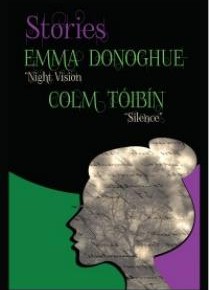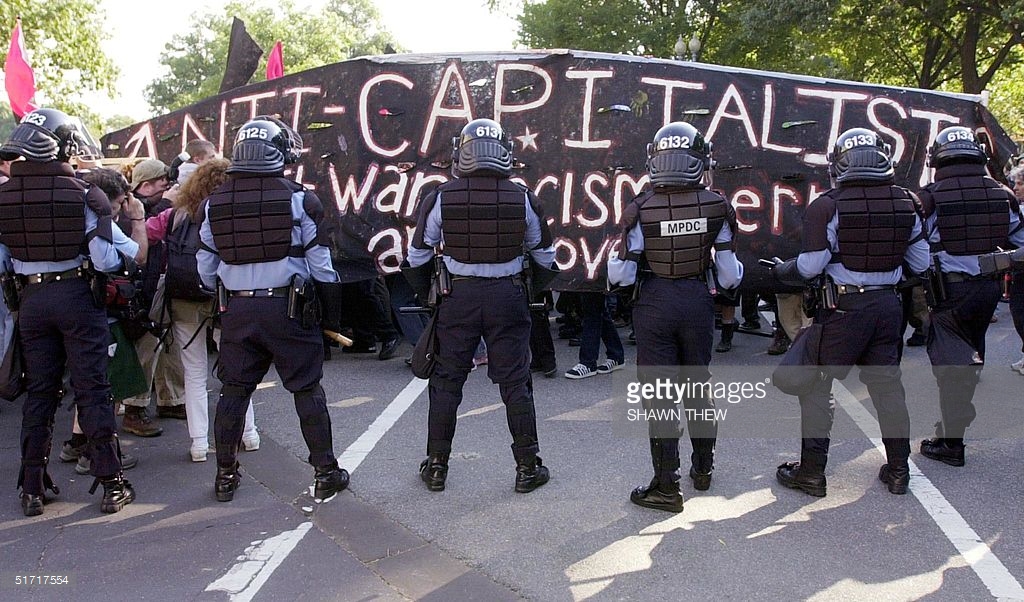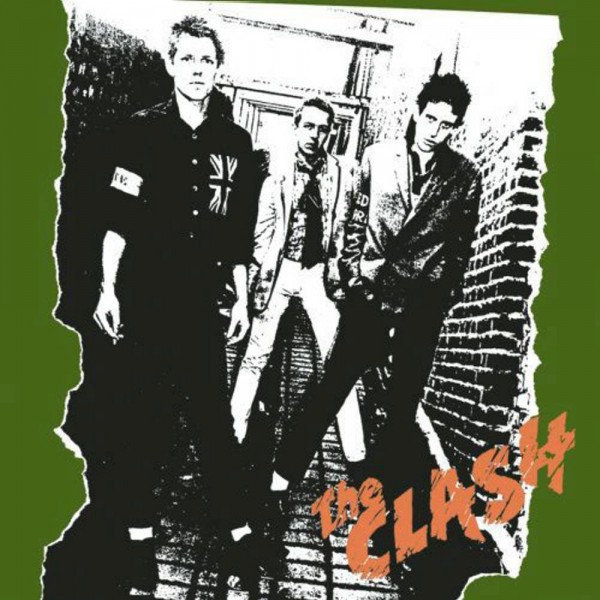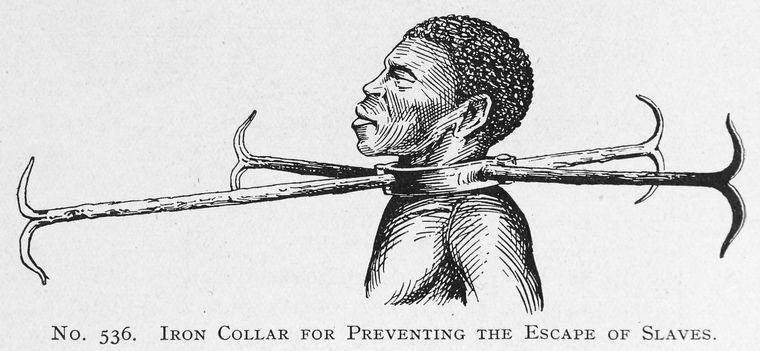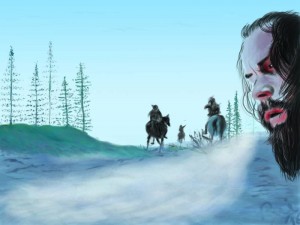Night Sounds
Sleeping soundly without a care,
When suddenly I heard a step on the stair
I arose from my bed and tried to be quiet
I was terribly afraid but thought I should try it
To find out what could be that woke me from sleep
So into the hall I did manage to creep
I looked all around but nothing I found.
Suddenly there was music from downstairs,
It sounded like a piano and again I was scared.
I decided I had better take a look and what did I see
But a big old cat running up and down the keys
A window was left open and that’s how he got in
That’s why I heard that terrible din.
So if night sounds disturb you, just think of this.
Those sounds can be funny with such a strange twist!
The Passage of Time
Like the wind blowing here and there
Changing to barely a whisper,
Time eludes us in the passing of days.
We look forward to a lovely spring
After a cold and snowy winter.
Time passes and we awake one morning
To the warming day with its
Promise of blue skies, pretty flowers
The sun in its splendor.
Time passes and soon we hear
Summer rain, thunder and wind.
But when it is over, there is
A beauty to the quiet and stillness we feel.
Again, time passes and the leaves
On the trees start changing color.
We are now in Autumn, a kind of
Magical season with scarecrows, full moons
And children trick or treating.
There is a sunny but cool, crisp air and
You breathe it in because it pleases you.
Finally, time passes and we see snowfalls, enjoying
The first one as it seems to sit on the trees in a dazzling light.
Pine trees are a picture of such natural beauty
Now we watch with smiles as
Families are playing with their children
And building snowmen. Sleds are
Brought out for fun , sliding down hills,
Then rushing back up the hill to
Fly down it again and cheeks
Getting red in the cold.
Christmas brings much joy to the
Family celebrations and there is
A different sense of peace in the world
Our passage of time for this year
Is now complete.

